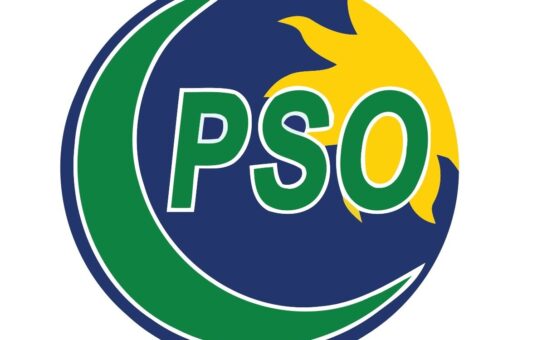KARACHI, June 13, 2025 — Pakistan State Oil (PSO) has raised serious concerns over the large-scale smuggling of petroleum products into the country, estimating the volume at a staggering 1,500 to 6,000 tons per day.
On average, illegal inflows hover between 2,000 to 3,000 tons daily, with variations influenced by weather and enforcement dynamics.
This critical disclosure was made during a corporate briefing held by PSO management, where the state-run petroleum giant also shared updates on its financial performance and strategic outlook. Topline Securities reported that PSO is actively working toward resolving the longstanding circular debt crisis. As of March 2025, PSO’s total receivables had surged to Rs732 billion, with Rs325 billion owed by SNGPL alone. Over Rs200 billion comprises the Late Payment Surcharge (LPS). Despite no finalized resolution plan, PSO aims to recover both principal and LPS dues.
The company confirmed that no additional circular debt has accrued from SNGPL since February 2024, following a mutual understanding with the government ensuring monthly payments. However, receivables from OGDC and PPL have risen, highlighting mixed progress across the sector.
PSO emphasized that while an increase in margins on petroleum products is under discussion, no definitive timeline exists—especially with ongoing volatility in international oil prices due to Middle East tensions.
Expansion remains central to PSO’s strategy. The company added 67 new petroleum retail sites during the fiscal year, bringing its national footprint to over 3,600 outlets, including 31 company-operated stations. With nine installations, 19 depots, and 15 aviation stations, PSO also boasts a petroleum storage capacity of 1.24 million tons.
The company’s market share declined slightly amid fierce competition and aggressive, unsustainable discounting by rival oil marketing companies. However, PSO maintains a realistic market share of 45–46% and plans to strengthen its position organically.
Digital transformation is gaining traction, with 12–13% of PSO’s transactions now processed through digital payments, outpacing the industry average of 9–10%.
Despite inventory losses caused by a drop in global petroleum prices—from $85.03/bbl to $76.43/bbl—PSO achieved a 14% year-on-year profit growth to Rs15 billion in the first nine months of FY25.
The petroleum product mix also shifted, with Mogas and HSD rising, and Furnace Oil dropping. PSO’s adaptation to this evolving demand reflects its commitment to operational resilience amid industry headwinds.
